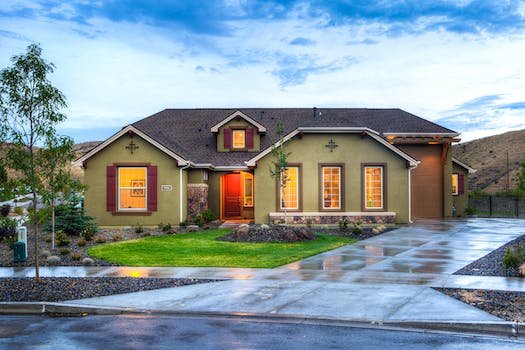
A Beginner’s Guide to Wholesaling Real Estate
Wholesaling real estate is a popular investing strategy that can be both lucrative and accessible for beginners. This guide will provide an in-depth look at the process, benefits, and potential challenges of wholesaling real estate. We’ll also share valuable insights and tips for those looking to get started in this exciting industry.
What is Wholesaling Real Estate?
Wholesaling real estate involves finding undervalued properties, negotiating a purchase contract with the seller, and then assigning that contract to an end buyer for a higher price. The wholesaler makes a profit from the difference between the contracted price and the amount paid by the end buyer. This strategy allows investors to make money without actually owning or managing the property.
Benefits of Wholesaling Real Estate
- Low capital requirements: Wholesaling requires minimal upfront capital, making it an attractive option for beginners or those with limited funds. In many cases, a small earnest money deposit is all that’s needed to secure a contract.
- Quick returns: Wholesaling transactions can be completed in a matter of weeks or even days, allowing investors to see returns on their investment quickly.
- Minimal risk: Since wholesalers don’t actually own the property, they aren’t responsible for property management, repairs, or other expenses associated with traditional real estate investments.
- Learning opportunity: Wholesaling provides a hands-on education in real estate investing, negotiation, and market analysis, which can be valuable for future investment endeavors.
Challenges of Wholesaling Real Estate
- Finding deals: Locating undervalued properties can be time-consuming and competitive, especially in hot markets.
- Negotiation skills: Wholesalers must be adept at negotiating with both sellers and buyers to secure profitable deals.
- Legal considerations: Wholesaling contracts must be carefully structured to avoid potential legal issues, such as violating state real estate laws or engaging in unlicensed brokerage activities.
- Building a network: Successful wholesalers often rely on a network of buyers, sellers, and other professionals to source deals and facilitate transactions. Building this network can take time and effort.
Steps to Wholesaling Real Estate
1. Education and Research
Before diving into wholesaling, it’s essential to educate yourself on the process, legal considerations, and market trends. Read books, attend seminars, and join online forums to learn from experienced wholesalers and real estate professionals.
2. Build a Network
Networking is crucial for finding deals and connecting with potential buyers. Attend local real estate investor meetings, join online forums, and reach out to professionals in your area to start building relationships.
3. Find Deals
There are several methods for finding undervalued properties, including:
- Driving for dollars: Driving through neighborhoods and looking for distressed properties or signs of motivated sellers.
- Direct mail: Sending targeted mailers to homeowners in specific areas or with specific property characteristics.
- Online resources: Utilizing websites like Zillow, Craigslist, and local property tax records to find potential deals.
- Working with real estate agents: Partnering with agents who can provide access to off-market properties or MLS listings.
4. Analyze the Deal
Once you’ve found a potential property, it’s essential to analyze the deal to ensure it’s profitable. This includes estimating the property’s after repair value (ARV), calculating repair costs, and determining your maximum allowable offer (Mao) to ensure a sufficient profit margin.
5. Negotiate and Secure the Contract
After determining your MAO, negotiate with the seller to secure a purchase contract at or below that price. Be prepared to provide an earnest money deposit to show your commitment to the deal.
6. Find a Buyer
With a signed contract in hand, it’s time to find an end buyer. Market the property to your network of investors, online platforms, and local real estate groups. Be prepared to provide potential buyers with information on the property, including repair estimates and potential profit margins.
7. Assign the Contract and Close the Deal
Once you’ve found a buyer, you’ll need to assign the purchase contract to them, typically using an assignment agreement. The buyer will then close on the property, and you’ll receive your profit from the difference between the contracted price and the amount paid by the end buyer.
Conclusion
Wholesaling real estate can be an excellent entry point into the world of real estate investing, offering low capital requirements, quick returns, and valuable learning experiences. By educating yourself, building a network, and following the steps outlined in this guide, you’ll be well on your way to a successful wholesaling career. Remember, persistence and dedication are key to overcoming the challenges and reaping the rewards of this exciting investment strategy.
Leave a Reply